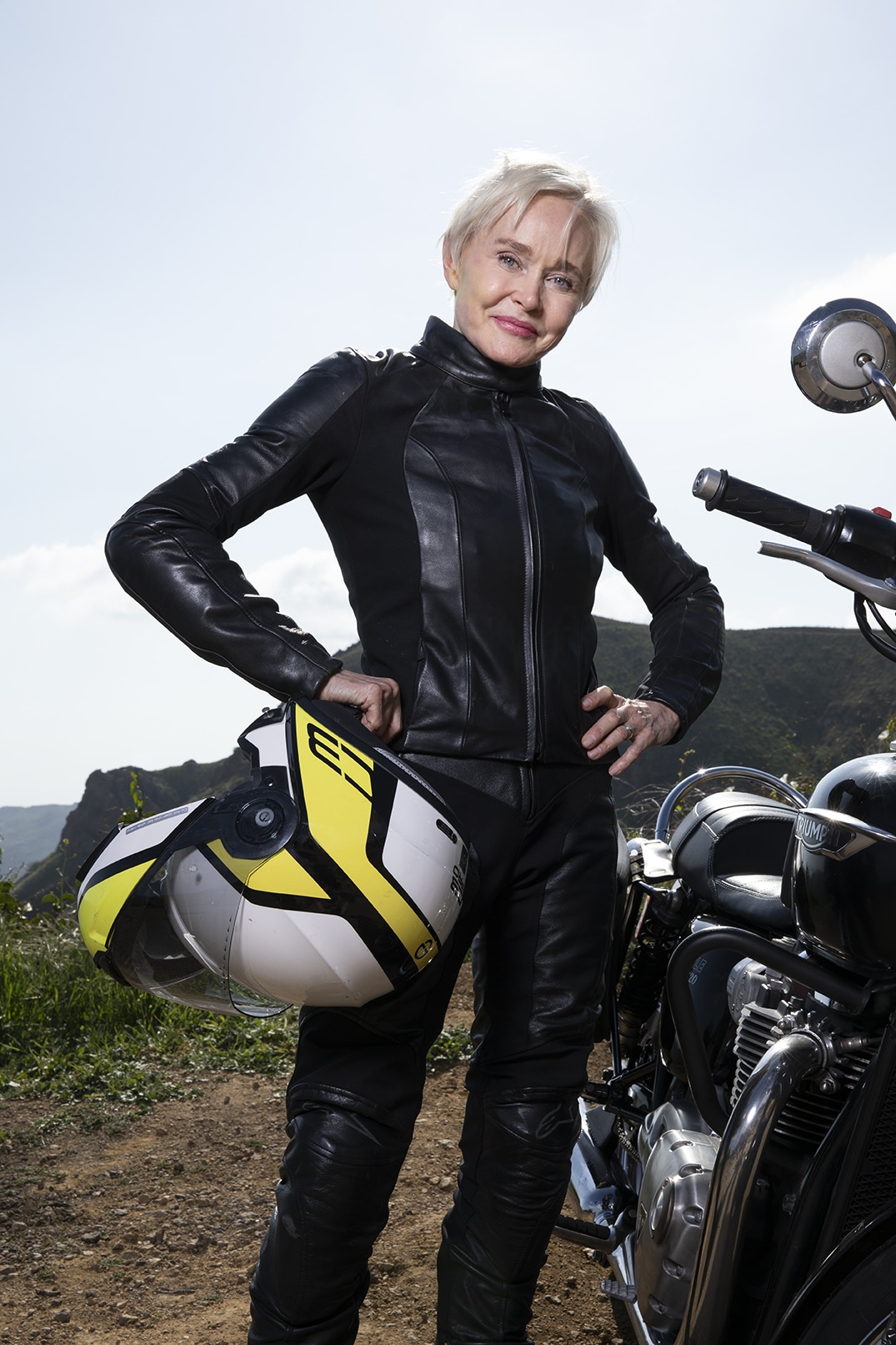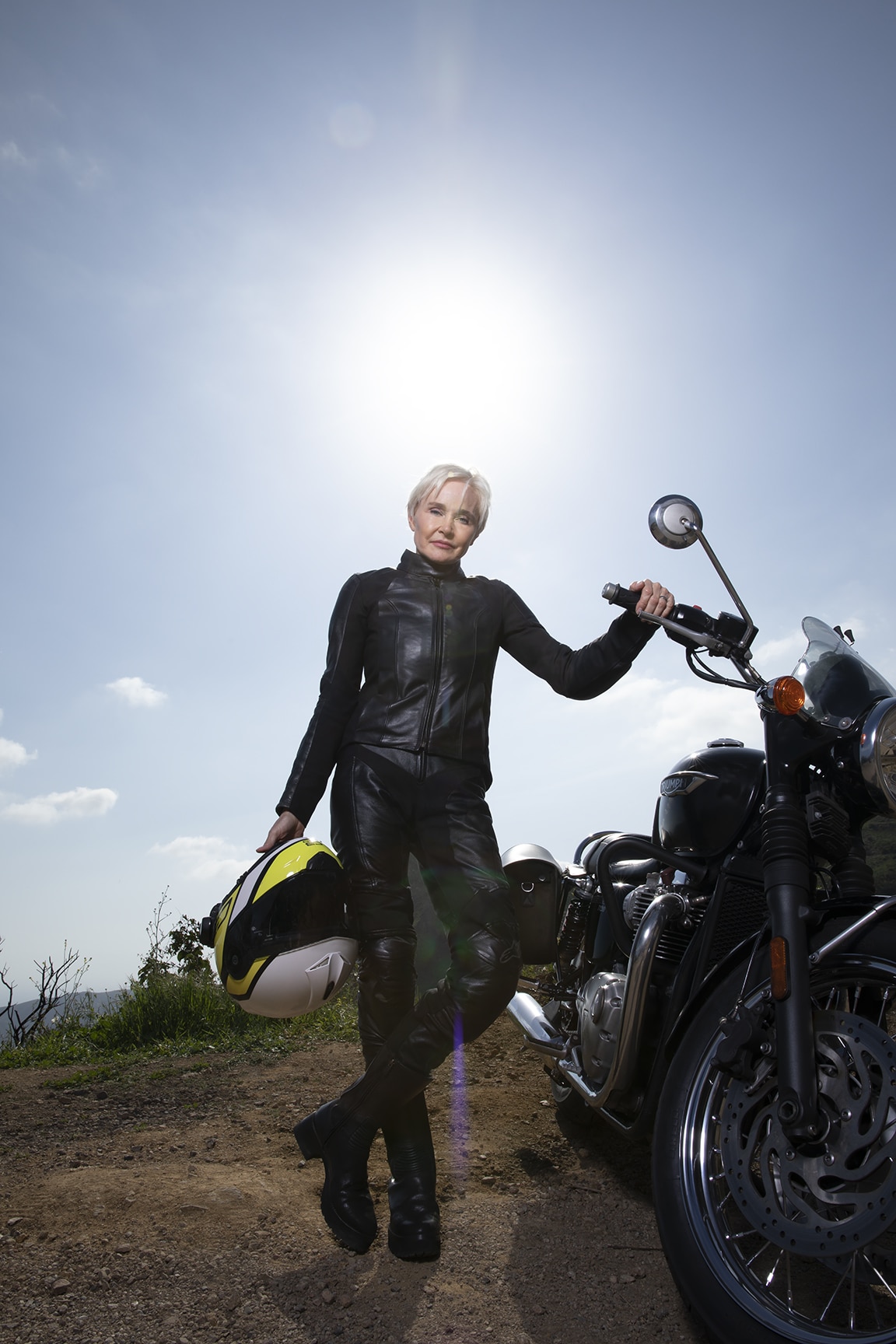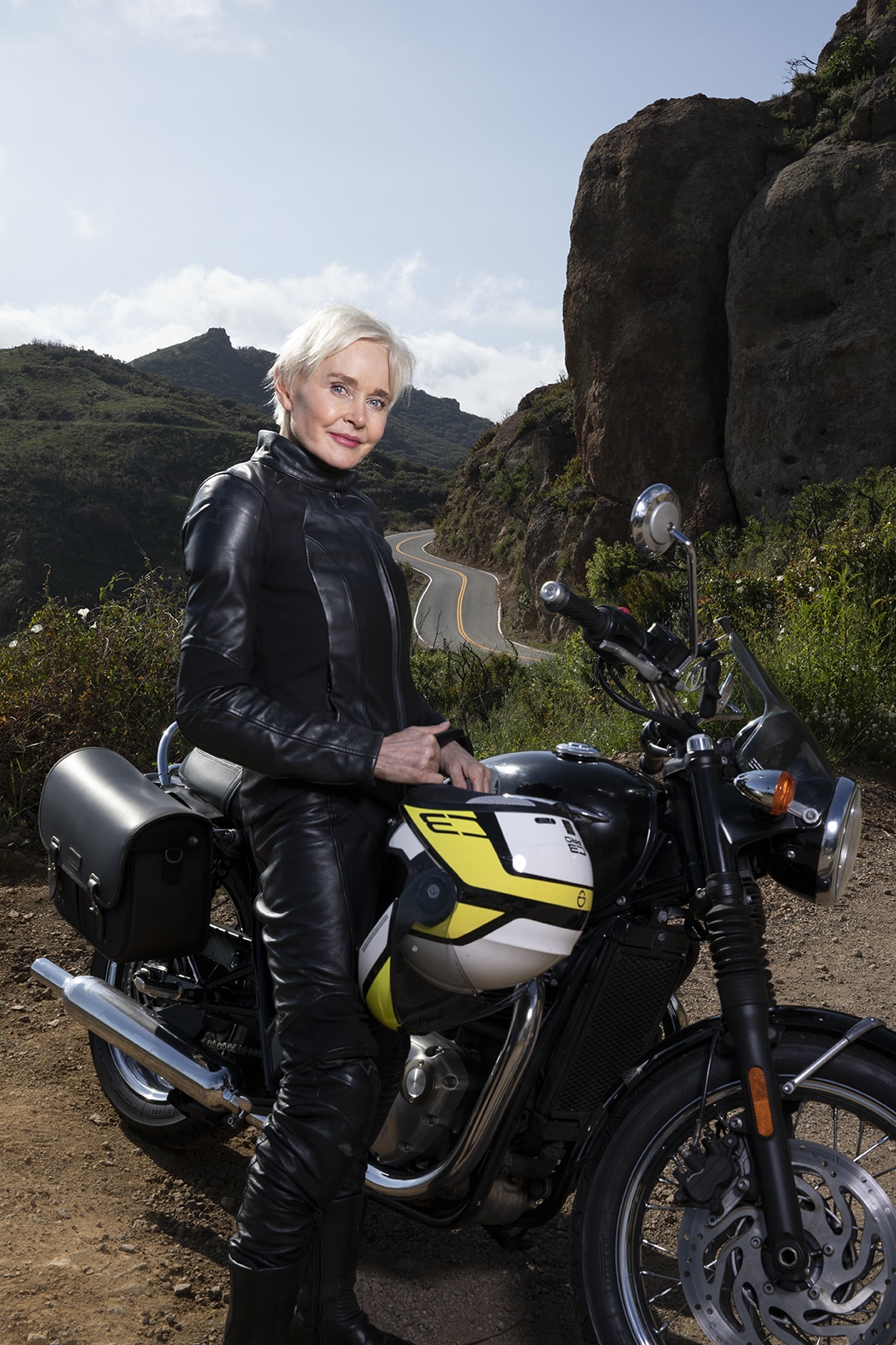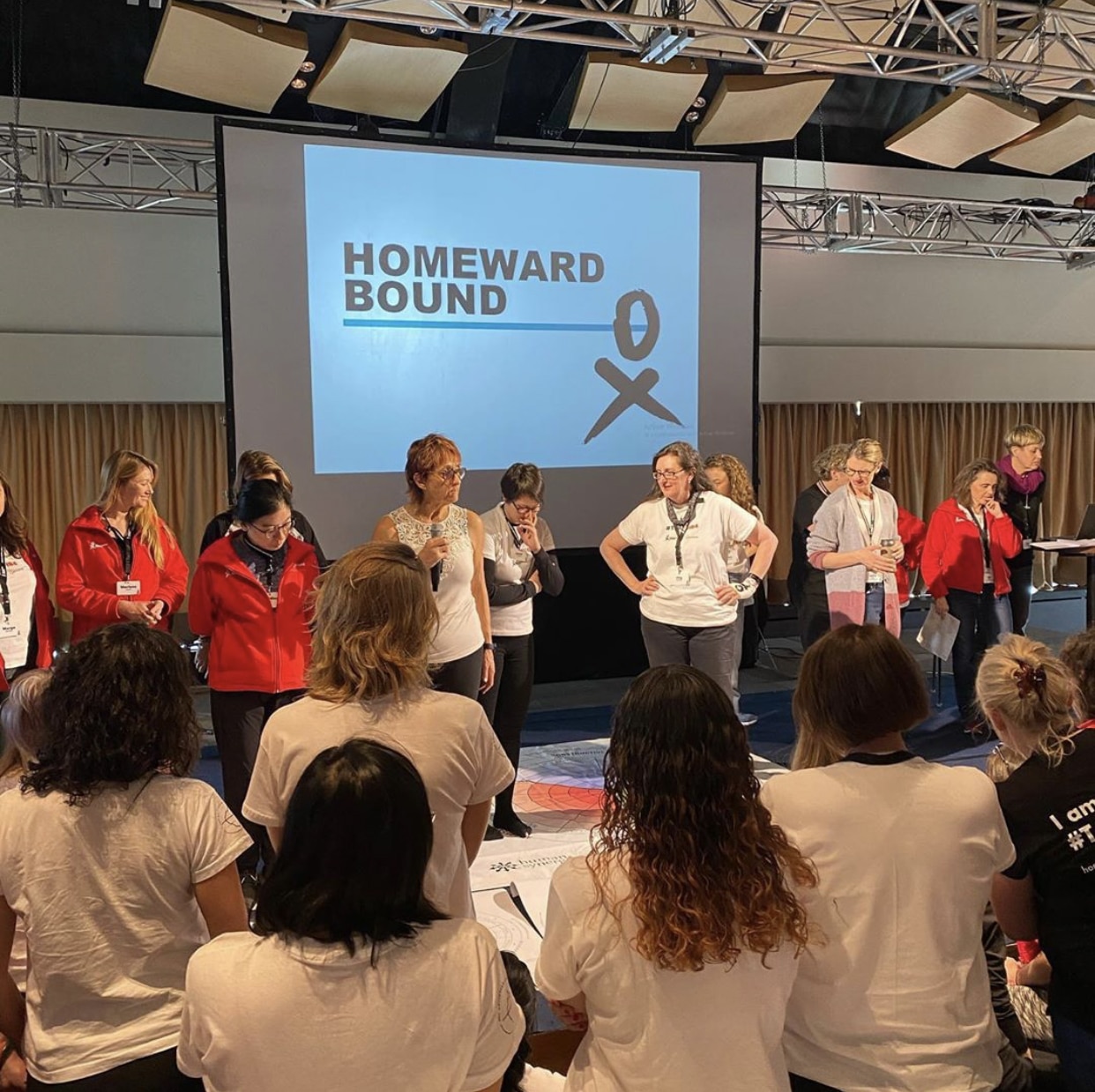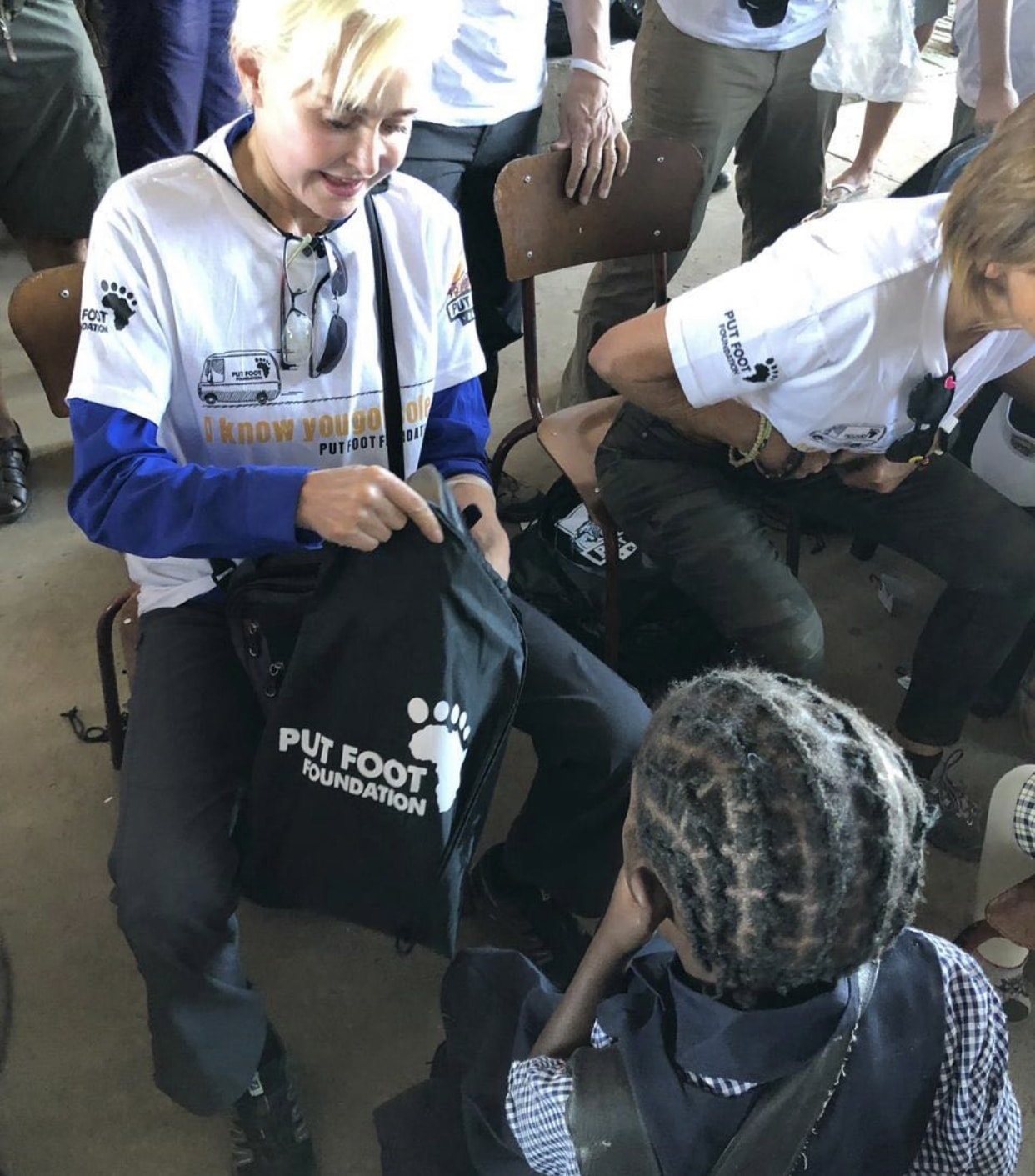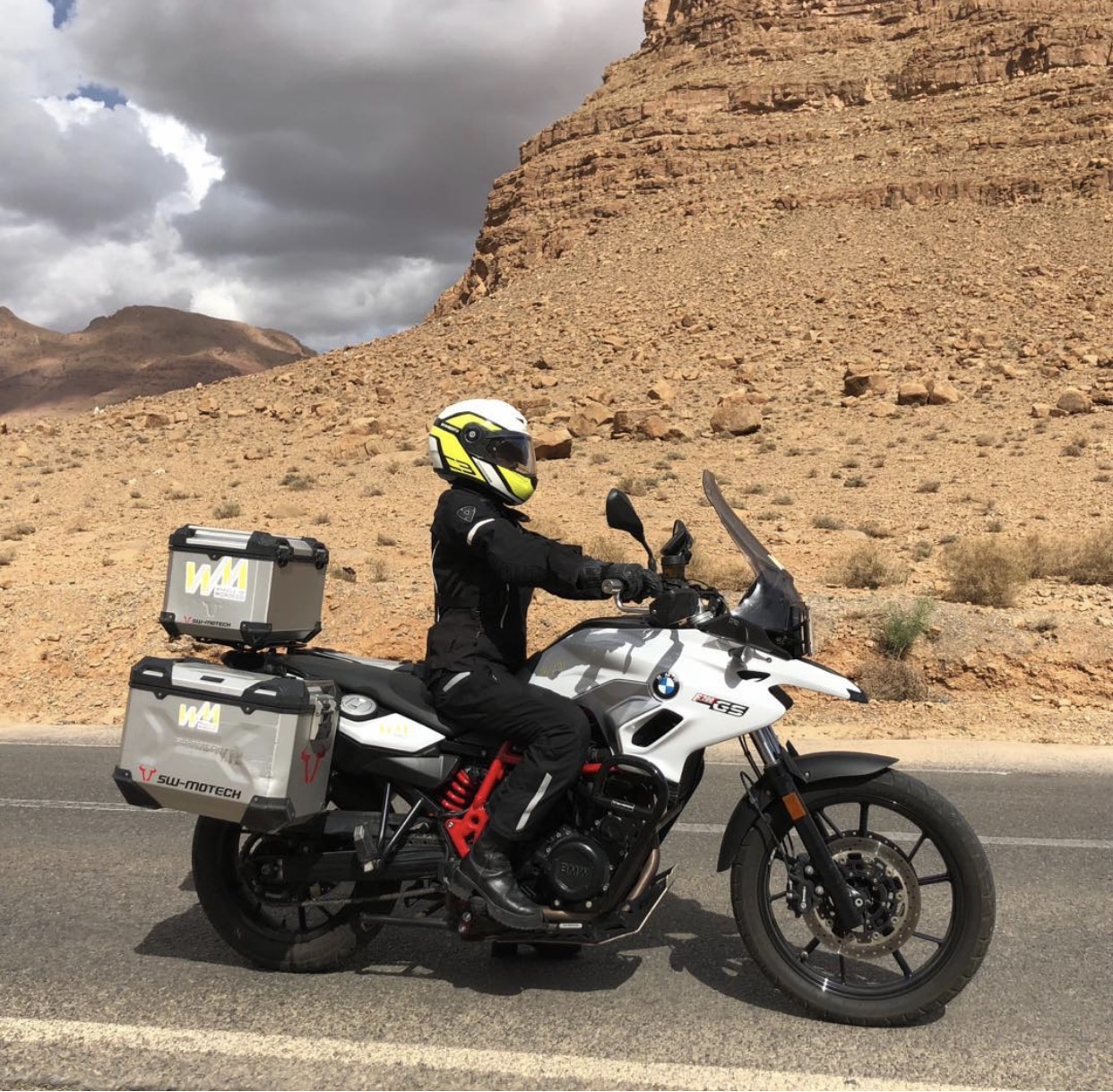Portraits by Bob Stevens
This week, we give you the relentless, fearless Mary Jo. When we first spoke, it seemed that she was about to be called in to do front-line battle with the virus. The threat may have diminished slightly in LA, which may only be momentary, but if I were to get sick, she is the sort of gladiator I would want on my side. Kind, empowered, humble, intensely focused — she is superwoman hiding in plain sight. She is who we are talking about when we say people our age are capable of so much. Hero.
How do you feel when you see the scenes of the medical chaos in places like NYC and Italy?
Chaos implies complete disorder and confusion so I prefer not to use that term to describe what’s happening. The medical professionals and support staff are doing their very best to save lives and help those who are suffering. It may appear chaotic but there are protocols they follow and guidelines they adhere to. I’ve been in ER situations with multiple gunshot wounds and stabbings and to an outsider it may have appeared “chaotic” but we always had a systematic approach to contain the damage. They are professionals doing what they are trained to do. This is not to say that what’s happening now is routine or easy on anyone. It’s exhausting and massively challenging on all fronts. We need to appreciate the sacrifices being made from top to bottom throughout our society today. We’re all in this together. No one is on the sidelines in this battle.
Do you think you will be called upon to work the crisis in LA?
Right now the numbers in LA are not rising as quickly as anticipated a few weeks ago. It appears that early implementation of physical distancing measures has really paid off here. We must remain vigilant and alert but at this moment it seems that the current system and staff are managing well here in LA. I am dedicated to help in any way I can if the need arises.
“Gratitude is always a boost!”
It seems like doctors and nurses are being recognized as never before. Should we have been doing this all along?
I’ve always felt respected in my profession. Nurses and doctors don’t do their job to garner respect. They do it because it’s their vocation. My father often told me that your health is your number one possession and that without it you don’t have anything. I’ve always believed that, whether it’s your physical, emotional, or mental health. I trust that many good things will come out of this current madness. Let’s hope that prioritizing good health is one of them. Perhaps we’ll all become more concerned, innovative, and appreciative citizens. I do think it’s very sweet that people from around the world are carving out moments to show their appreciation for health care workers. It’s a very unifying feeling and has a salubrious effect because gratitude is always a boost!
“I feel this pandemic is bringing out the gladiator in all of us”
I get the feeling of you and your medical colleagues as our gladiators, going in doing life-and-death battle with the virus. Heroes. Champions. What are your thoughts on the world-Tuesday-night-8pm celebrations for medical workers?
The idea of the gladiator is interesting…in some way, I feel that this pandemic is bringing out the gladiator in all of us, reminding us of the inner strength we have to confront the struggles and challenges life tends to throw our way. Let’s hope when the fog has lifted that we all have a deeper belief in ourselves, our resilience, our innate abilities to contend with hardships, and a stronger sense of community. I think it’s beautiful to celebrate people and moments in life so this idea has an uplifting impact for everyone. We could all use an infusion of positive energy at this point so I think it’s a brilliant move!
“If I didn’t become a doctor I would have loved to be a race car driver”
Why did you choose anesthesia as a specialty? My understanding of anesthesia is that you are keeping the patient under, and near death, but then you bring them back. I have heard it takes a certain personality type to do that work, a personality not that different from people who race cars or fly fighter jets. How does that sound to you?
I chose anesthesia because I fell in love with the synergy in the operating room. The minute I walked into an OR I felt right at home. I love that everyone in the OR works as a team to deliver safe medical care and good outcomes. People are often anxious when they’re about to have surgery and I cherish the quick bond that is formed when you meet the patient and explain what type of anesthesia you recommend and then answer their questions and offer reassurance. Every case offers unique challenges and therefore every day is filled with an opportunity for growth and connection. I also love the procedural aspect of anesthesia — inserting lines for monitoring, performing regional blocks, adjusting and fine-tuning medication delivery — it’s actually a fairly physical job and I’m a high-energy person who loves to stay busy and focused. I like the procedural aspect so much that I devoted the bulk of my career to interventional pain medicine which involves doing a variety of injections and surgical implants of pain-relieving devices. Chronic pain is a huge problem in America and it affects virtually every aspect of a person’s life. To be able to help someone in that situation is a deeply rewarding feeling. I am lucky to have chosen such a gratifying field.
It’s funny you would say that about race car drivers because my husband has called me Mary Jo Andretti from the first time he rode in a car with me! I’ve often said that if I didn’t become a doctor I would have loved to be a race car driver. Also, my youngest daughter is a senior at the Air Force Academy and will start to train to fly fighter jets this year. It must run in the family!
Fearless and Free
What role does fear play in your life?
I was fortunate to be the youngest of 7 children so by the time I came around my parents gave me a massive amount of liberty and independence. I had a very free upbringing in Omaha, Nebraska and feel that has always played a role in my willingness to try just about anything. So fear doesn’t really play much of a role in my life. I do maintain a certain amount of caution when I ride motorcycles but I think it’s a healthy dose that keeps me super vigilant. I certainly don’t want to look back at any stage of my life and think that I didn’t do something because of fear.
Traveling by Motorcycle
You were recently at the track for moto training. What was that about?
I started riding motorcycles 5 years ago and made a commitment to try to learn something every time I get on a bike. Just like any hobby or sport, there’s always room to grow and learn, so I take training courses when I can and read as much as possible about riding. Plus, it’s an absolute blast to be on an enclosed track with professional racers who address the finer points of becoming a safer, faster, and more efficient rider. On the track there are no intersections, cars or people so you can push the limits and focus on applying technique to the ride.
Why do you choose to use bikes to get around?
There are so many reasons! First, travel by motorcycle instantly simplifies my life. I can only bring what fits in my saddle bags and tank bag so that means just the essentials: some tools, documents, rain gear, one pair of tennis shoes, toiletries, and a few changes of clothes. That’s it! Easy. Secondly, the sensory impact of the journey on a bike is enormous. You have virtually unobstructed visuals, you smell flowers and aromas from roadside food stalls, you feel the rain and breeze on your skin, you hear animals and music as you pass through small villages. Third, I absolutely embrace the challenges of the varied terrain I encounter, often involving gravel, dirt, mud, streams, and sand. And perhaps most importantly, pulling up on a motorcycle somehow lends itself to interacting with people in a new way. It seems that everyone becomes curious when I pull off my helmet and they see me, a petite blonde, riding a huge bike! It’s a great conversation starter. I’ve met outstanding and helpful people from around the globe traveling by motorcycle.
Shared Humanity
More than most people, you seem to do a lot of exploring. Where does your curiosity come from? Anything in particular you are looking for?
At age 11 I was given a full scholarship to attend an all-girls boarding school which was filled with women from around the world. I had roommates from Turkey and Eswatini and multiple friends from Colombia, El Salvador, etc. Coming from Omaha this was a very eye-opening experience and we formed close bonds since we were all far away from home. I believe that spending these formative years there opened my eyes to a world of possibilities and a love for the commonality we all share. I was also fortunate to study abroad in Spain and France; living in other cultures engrained in me a deep respect for people with varied opinions and traditions. I always look for the best in people; sharing stories with others is always a beautiful way to gain trust and mutual respect for one another.
What was the work you were doing in Haiti?
I was working as an anesthesiologist in Mirebalais, Haiti at the Hôpital Universitaire de Mirebalais which is a teaching hospital run by Partners in Health (PIH). PIH was co-founded by a friend of mine, Paul Farmer, whom I met while doing study abroad in Paris, France. My work in Haiti coincided with a group of neurosurgeons who were working there as well so we did some enormous neurosurgical cases, often working 18-hour shifts. It was incredibly gratifying and, of course, quite a humbling experience to witness the hardships the Haitians contend with day after day. This particular trip was extra special because my husband, who is also an anesthesiologist, also worked there, and our youngest daughter, Sequoia, was able to join us since she was doing a gap year at the time.
Training Women in STEMM for a More Sustainable Planet
What is Homeward Bound about and what did you want to accomplish?
Homeward Bound is a global leadership initiative founded by two Australian women whose goal is to train 1000 women in STEMM (the second M is for Medicine) over 10 years to become better communicators and leaders to help address and solve the global issues that face the world. It’s a year-long program; the first 11 months are devoted to online leadership development and the year then culminates in a 3-week voyage to Antarctica where the training continues during the journey. The aim is to create a more sustainable planet by providing women in STEMM with visibility, communication and strategic skills so that we can lead for the greater good. Antarctica is showing some of the fastest responses to some of the global sustainability problems that we now face and therefore offers the participants a unique opportunity to see first-hand the influence of human activities on the planet. I am now connected to a large cohort of brilliant scientists from around the world and we communicate daily. We continue to share ideas and support one another from afar.
Wanting and Knowing How to Make a Difference
You recently wrote “Wanting to make a difference and knowing how to do so are two very different things.” The first part, the desire to make a difference, may come early in life, but maybe the knowing how comes later. What do you think? Has that been your experience?
I would agree with that. I was raised with the idea that you treat everyone with respect and kindness and that you should always try to do the best that you can. My parents did not attend college but they valued education and character development. Everyone in my childhood home had to pitch in to make ends meet and make the household run. So, making a difference on some scale was a natural concern of mine growing up. I loved medical school but didn’t realize until my clinical work as a student how easy it can be to make a difference. It was then that I truly learned how small gestures and thoughtful words can carry someone through the hardest of times. You can have the best medicine and the best equipment but without the human touch it just doesn’t feel complete. I hope I’m still learning how to make a difference. Perhaps the human condition allows us to naturally get better at these things over time if we pay attention.
“Working within the medical arena always involves some inherent risk”
There is certainly some risk involved if you or your husband are asked to volunteer to help with the coronavirus crisis in Los Angeles. How do you feel about societal responsibilities versus your own well-being?
Working within the medical arena always involves some inherent risk. It’s a natural part of the journey. But then everything worthwhile in life has inherent risk, in my opinion. It’s no different than raising a family. You never know what may come your way on any given day so you have to have a solid foundation in your core that allows you to use your best judgement at any moment. It’s a moral compass that dictates what I choose to do. I took it upon myself to work in a field that has some exposure to certain risks and the way I approach it is to take care of myself and my family as best I can so that I am prepared to face these challenges.
Staying Connected With Dance and Laughter
Do you have a support system and groups of people that help you navigate things? Who are the people that keep you connected and balanced?
First and foremost it’s my husband, Noel. We’ve been married 30 years and we are without doubt the best of friends. We laugh every day and don’t take ourselves too seriously. We bounce ideas off each other all the time. I’m also blessed to have a great group of international friends in LA. They have a wide array of personalities and we make a point to spend time together through both good and rough times. We dance and laugh a lot and stay connected with regular happy hours and meet ups for tea and cultural outings. My three kids also serve as great sounding boards. They each have different skills and frameworks and never hesitate to share their opinions!
Staying Fit with HIIT and Surfing
What is your daily routine? You seem very fit, and riding a bike like you do would require it.
I’m glad you appreciate how fit you need to be to ride motorcycles! It definitely requires mental and physical fitness. Right now my gym is closed because of the coronavirus but generally I spend at least an hour a day working out. I love to lift weights, do Zumba and kickboxing and almost any HIIT class. I also love to spend time in the ocean where I paddle board regularly and am endlessly trying to become a SUP surfer. I’ve been to a few surf camps and riding waves is always a thrill. It’s a beautiful way to spend time in nature and get an amazing workout. I also eat a super healthy diet. It’s quite simple and focuses on clean, whole foods. One of my hobbies is to read health blogs and articles about longevity and nutrition. If I were to create a new career I think it would involve trying to spread the word about how easy it can be to lead a healthy lifestyle. I’ve spent my career trying to help people with established health issues; now I’d like to work on preventing them from forming in the first place.
The ideas expressed here are solely the opinions of the author and are not researched or verified by AGEIST LLC, or anyone associated with AGEIST LLC. This material should not be construed as medical advice or recommendation, it is for informational use only. We encourage all readers to discuss with your qualified practitioners the relevance of the application of any of these ideas to your life. The recommendations contained herein are not intended to diagnose, treat, cure or prevent any disease. You should always consult your physician or other qualified health provider before starting any new treatment or stopping any treatment that has been prescribed for you by your physician or other qualified health provider. Please call your doctor or 911 immediately if you think you may have a medical or psychiatric emergency.
AUTHOR

We will never sell or give your email to others. Get special info on Diet, Exercise, Sleep and Longevity.

